They paved paradise, put up a parking lot.
Videos by American Songwriter
That iconic line from Joni Mitchell’s “Big Yellow Taxi” remains timeless because there never seems to be a shortage of nature or culture flattened by greed. It appeared on her third studio album Ladies of the Canyon in 1970.
She further explains in the song how the trees are moved to a tree museum where people are charged a fee to look at what grows for free outside. It’s the human indifference to destruction.
Fast-forward two decades, and her 1991 song “Come In From the Cold” looks back on her life and also the idealism that inspired a song like “Big Yellow Taxi.”
Ideals and Reality
Mitchell tackles aging, changing times, attitudes, and culture, and how one might gain or lose relevance. She begins with a teenage dance from the 1950s.
Back in 1957
We had to dance a foot apart
And they hawk-eyed us from the sidelines
Holding their rulers without a heart
Then, she acknowledges how the optimism of youth in the ’60s crashed into the hard reality of adulthood. Don Henley reflected on a similar sentiment in “The Boys of Summer” when he sang about a Deadhead sticker on a Cadillac.
We really thought we had a purpose
We were so anxious to achieve
Long Seasons
The track was the second single from Night Ride Home. Mitchell’s 14th album marked another change as she left Geffen Records and returned to Reprise. (Following a similar path to Neil Young.)
It also features “Slouching Towards Bethlehem,” which shares its title with Joan Didion’s 1968 essay collection. Didion and Mitchell borrowed their titles from the W. B. Yeats poem “The Second Coming.”
Yeats writes apocalyptically about history’s fate, using biblical imagery. So, if the poem’s cycle slouches toward Bethlehem, “Come In From the Cold” lurches to an anti-cataclysmic conclusion of needed restoration. Leave the winter behind because spring looms.
Changing Times
“Come In From the Cold” wasn’t an overwhelming hit. But this chapter merged her folk roots with more exploratory world music.
It also showcases Mitchell’s unique guitar playing. With open tunings and droning notes, Mitchell revisits “self-important judgments” and how she was “outta line.” Like how we might cringe at an old photo of ourselves.
In the following verse, she feels both renewed and disabled. A fire burns; it hurts, but it also, metaphorically, creates motion, energy, and the will to do something, anything.
And it warms. You can interpret coming in from the cold as a kind of progression. Or as a reprieve, or both.
I feel your legs under the table
Leaning into mine
I feel renewed
I feel disabled
By these bonfires in my spine
I don’t know who the arsonist was
Which incendiary soul
But all I ever wanted
Was just to come in from the cold
Meanwhile, she uses “Come In From the Cold” as an honest critique. And though Mitchell hints at nostalgia, she doesn’t give in to it.
Mitchell said at the time, “The question now is whether people can enjoy the singing of a middle-aged woman, even though the consensus is that if you don’t evoke wet dreams, you’re in trouble.”
I am not some stone commission
Like a statue in a park
I am flesh and blood and vision
I am howling in the dark
Photo by Michael Putland/Getty Images


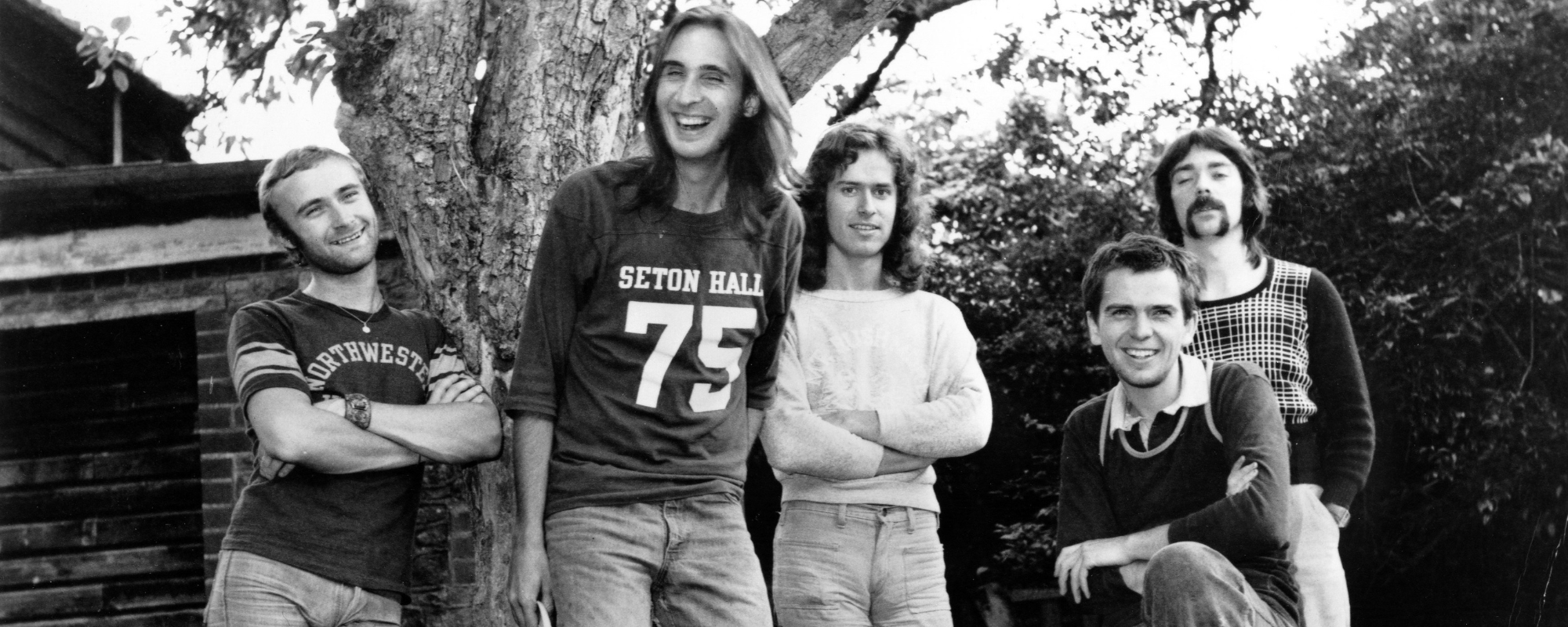
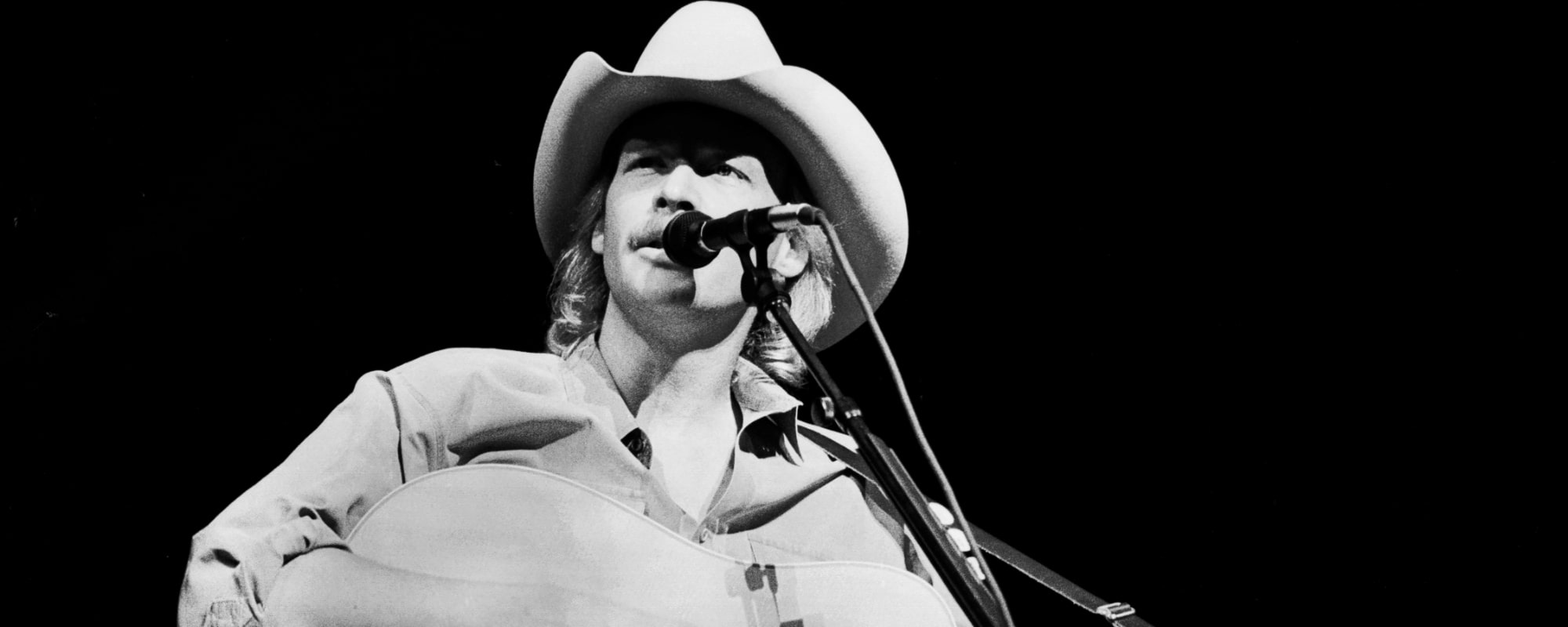
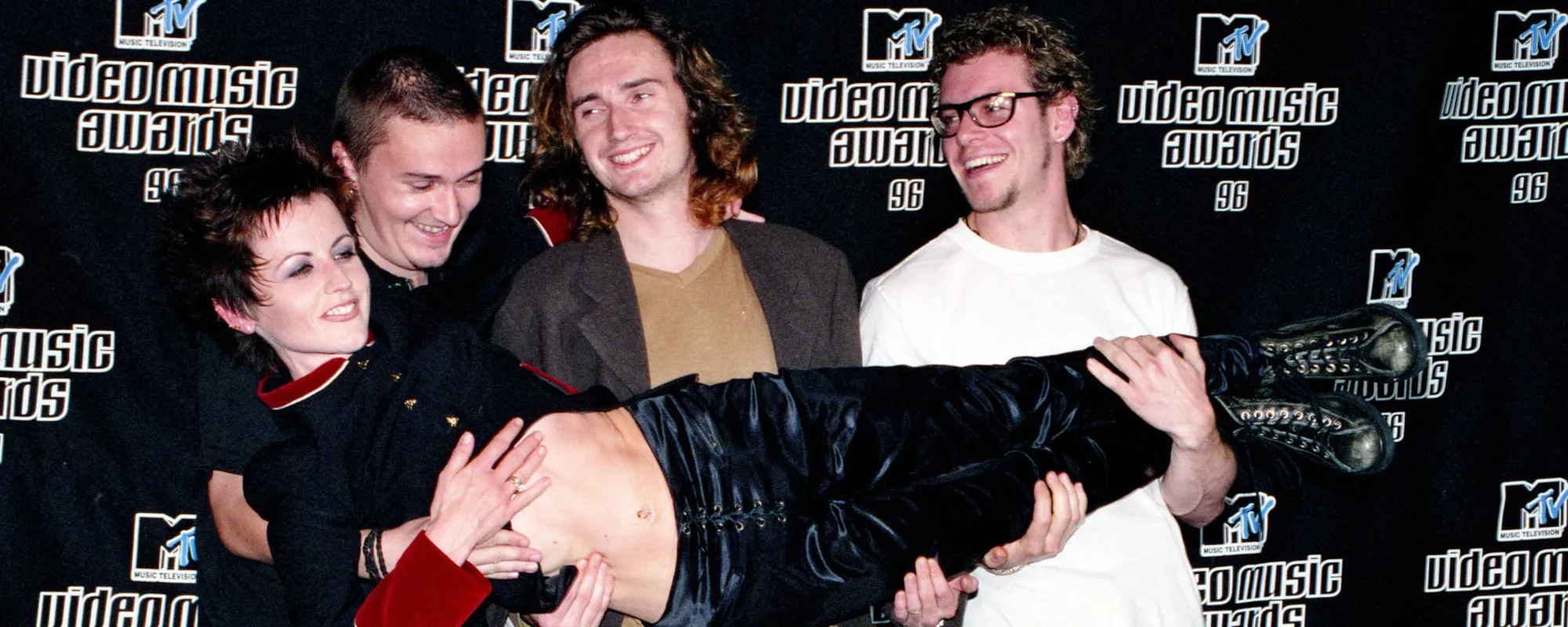


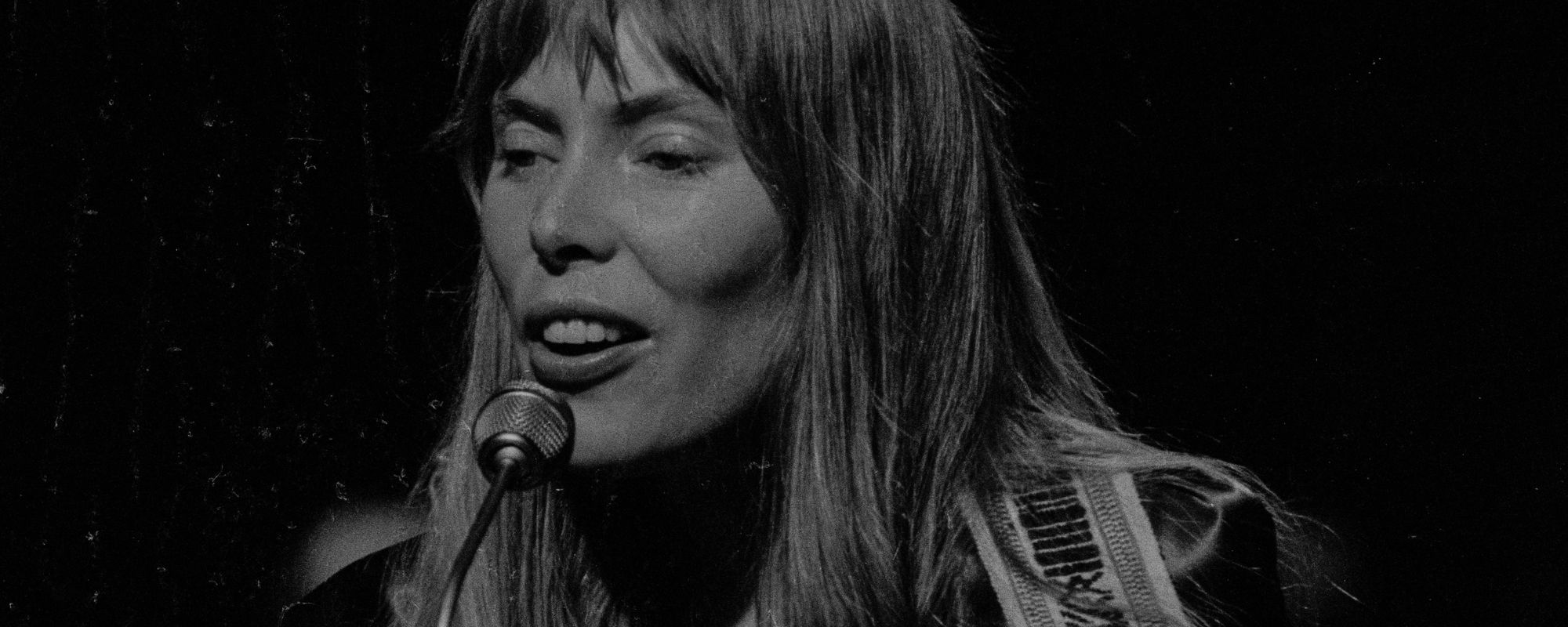



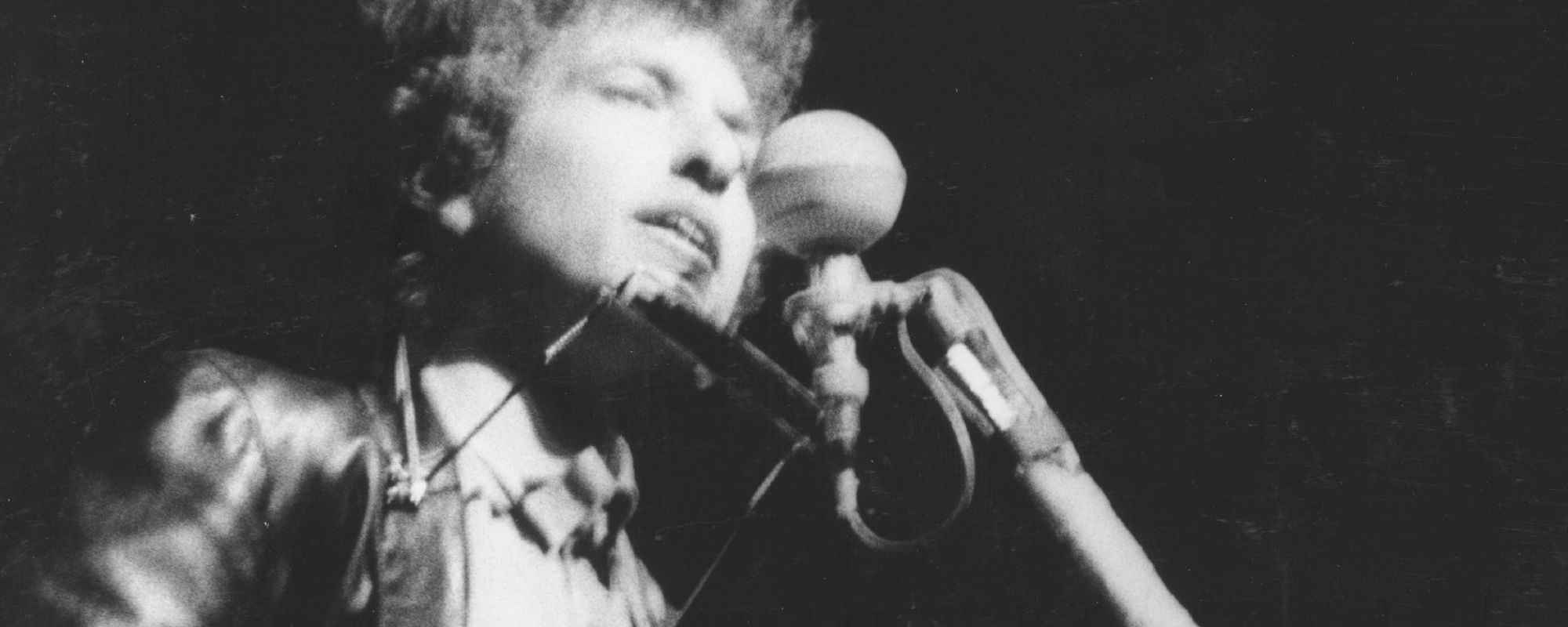
Leave a Reply
Only members can comment. Become a member. Already a member? Log in.